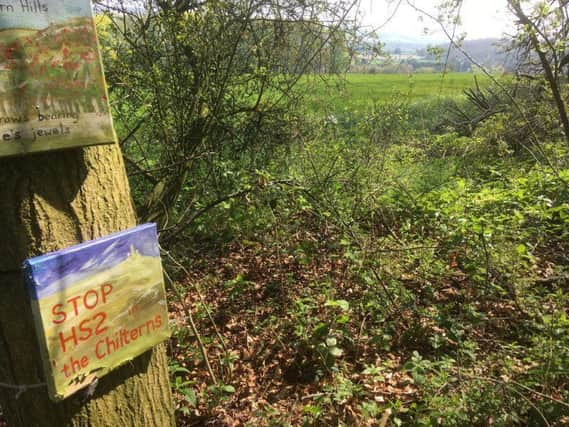Buckinghamshire Council raise concerns about impacts of HS2’s tunnelling operations


These concerns relate to pollution resulting from tunnelling operations, increasing abstraction of water and impacts on the flow of significant chalk streams, such as the River Misbourne.
A joint Position Statement has been issued with a series of questions regarding these concerns, and the Council and the Chilterns Conservation Board are seeking reassurance from HS2 that worst case scenarios relating to the impacts of their tunnelling operations have been addressed.
Advertisement
Hide AdAdvertisement
Hide AdThey remain unconvinced that HS2’s approach to monitor and mitigate impacts is sufficient and are therefore seeking urgent answers to their questions before tunnelling operations commence. This is to ensure that Buckinghamshire’s residents are fully informed of the likely impacts, and HS2 has plans in place to properly mitigate impacts.
Ian Thompson, Buckinghamshire Council’s Corporate Director for Planning Growth & Sustainability, said:
"This is a really significant issue for Buckinghamshire and both organisations share the same concerns about the potential impacts of HS2’s tunnelling operations on the county’s aquifer and chalk streams.”
These concerns have been raised before - you can read about them here. Dr Elaine King, Chief Executive at the Chilterns Conservation Board, commented:
Advertisement
Hide AdAdvertisement
Hide Ad“Chalk streams are a globally rare and threatened habitat. They are home to a wide range of plants and animals, and an important source of drinking water for thousands of people. We therefore expect HS2 to treat the chalk aquifer and these special rivers with the utmost care and respect.”
Only 200 chalk streams are known globally, 85% of which are found in the UK in southern and eastern England. Nine of these iconic rivers are located in the Chilterns and is one of the reasons for the Chilterns being designated an Area of Outstanding Natural Beauty.